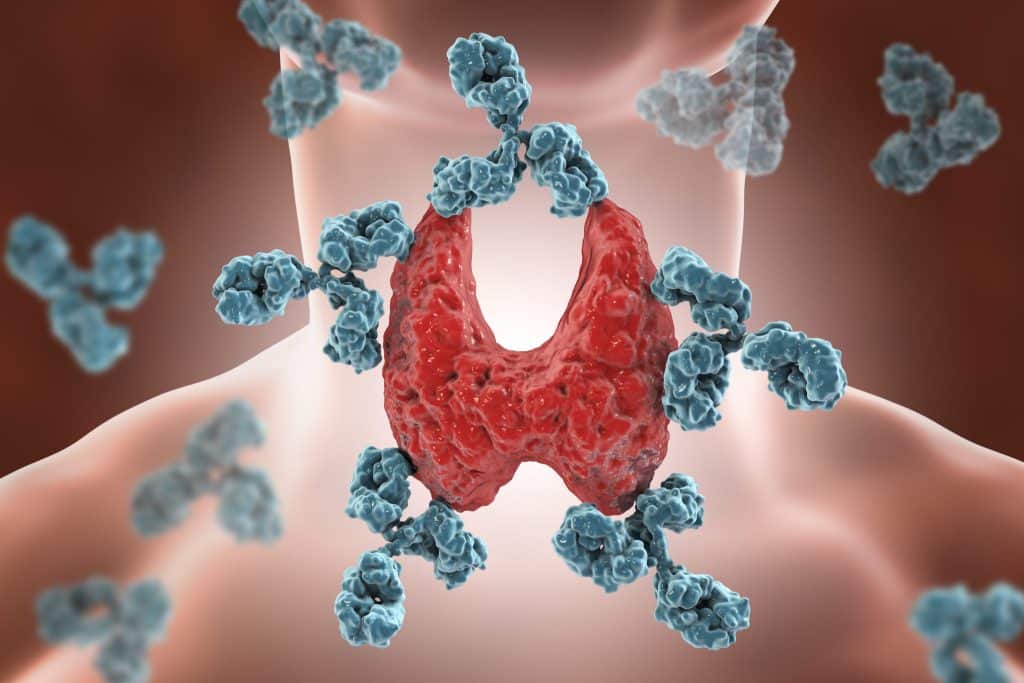Understanding Autoimmune Disorders and Immune Dysregulation
In recent years, there has been growing interest in the potential therapeutic effects of cannabidiol (CBD) for various health conditions, including autoimmune disorders. Autoimmune disorders occur when the immune system mistakenly attacks healthy cells in the body, leading to chronic inflammation and a range of symptoms. This blog will delve into the potential of CBD as an immunomodulator, examining its effects on immune system function and its potential for managing autoimmune disorders. We will explore the current scientific research, shed light on the mechanisms involved, and discuss the considerations for using CBD as a potential treatment option.

Autoimmune disorders are a complex group of conditions characterized by the immune system’s failure to recognize the body’s cells as “self,” leading to an attack on healthy tissues and organs. To understand CBD’s potential as an immunomodulator, it is crucial to grasp the underlying mechanisms of autoimmune disorders and immune dysregulation. These disorders can arise from a combination of genetic predisposition and environmental triggers. When the immune system becomes dysregulated, it loses its ability to distinguish between foreign invaders and healthy cells, resulting in an immune response directed against the body’s tissues. This dysregulation often involves malfunctioning immune cells, such as T cells and B cells, as well as the production of autoantibodies. The precise causes of immune dysregulation in autoimmune disorders are still not fully understood, but factors such as genetic susceptibility, hormonal imbalances, infections, and environmental factors may contribute. By gaining a deeper understanding of the immune system’s role in autoimmune disorders, we can better appreciate how CBD, with its potential immunomodulatory properties, may help restore balance to the immune response and offer therapeutic benefits for individuals with autoimmune conditions.
CBD’s Interaction with the Endocannabinoid System

CBD’s interaction with the endocannabinoid system (ECS) is a fascinating aspect that holds the key to understanding how it may modulate immune responses in autoimmune disorders. The ECS is a complex network of receptors, enzymes, and endocannabinoids that plays a crucial role in maintaining homeostasis throughout the body, including immune system function. CBD interacts with the ECS by binding to cannabinoid receptors CB1 and CB2, which are abundantly present in immune cells. By binding to these receptors, CBD influences the signaling pathways and communication within the ECS, potentially leading to a modulation of immune responses. This modulation can have far-reaching effects on the immune system’s activity and inflammatory processes, which are critical factors in autoimmune disorders. By unraveling the intricacies of how CBD interacts with the ECS, researchers aim to shed light on the mechanisms through which CBD exerts its immunomodulatory effects. Understanding these interactions not only helps us comprehend CBD’s potential therapeutic value in autoimmune disorders but also paves the way for the development of targeted treatments that harness the power of the endocannabinoid system to restore immune balance.
The Anti-Inflammatory Properties of CBD

Chronic inflammation plays a significant role in the development and progression of autoimmune disorders. It contributes to tissue damage and intensifies symptoms, making it a crucial target for therapeutic interventions. CBD has gained attention for its potent anti-inflammatory properties, which hold promise for managing autoimmune disorders. In this section, we will delve into the anti-inflammatory mechanisms of CBD and its potential implications for autoimmune disorders. CBD interacts with immune cells and cytokines, key players in the inflammatory response. Studies have shown that CBD can modulate immune cell function, suppressing the release of pro-inflammatory cytokines and promoting the production of anti-inflammatory molecules. By doing so, CBD helps restore the balance of the immune system, dampening excessive inflammation and alleviating the associated symptoms of autoimmune disorders. Furthermore, CBD has been found to influence the activity of immune cells, such as T cells and macrophages, which are involved in the immune response and tissue damage in autoimmune conditions. Scientific evidence supporting the anti-inflammatory effects of CBD continues to accumulate, fueling excitement for its potential in managing autoimmune disorders. However, further research is needed to determine optimal dosages, treatment regimens, and long-term effects. It is important for individuals considering CBD as a potential therapy to consult with healthcare professionals experienced in cannabinoid medicine to ensure safe and effective use.
Potential Benefits and Considerations for CBD in Autoimmune Disorders
As research on CBD and autoimmune disorders progresses, promising findings have begun to emerge regarding its potential benefits. This section aims to explore the current scientific literature and shed light on CBD’s effects on specific autoimmune disorders, including rheumatoid arthritis, multiple sclerosis, and inflammatory bowel disease. Preliminary studies suggest that CBD may have anti-inflammatory and immunomodulatory properties, which could potentially help alleviate symptoms associated with these conditions. However, it is important to note that research in this area is still in its early stages, and more comprehensive studies are needed to establish the efficacy and safety of CBD as a treatment for autoimmune disorders. Additionally, considerations regarding dosage, safety, and potential interactions with other medications should be taken into account. Therefore, individuals considering CBD as a complementary therapy for autoimmune disorders should consult with healthcare professionals who can provide personalized guidance and ensure that it aligns with their overall treatment plan. By collaborating with medical experts and staying informed about the latest research, individuals can make well-informed decisions regarding the potential benefits and considerations of CBD in the management of autoimmune disorders.
CBD as an Immunomodulator for Autoimmune Disorder
CBD’s potential as an immunomodulator for autoimmune disorders offers promising avenues for further exploration. While research is ongoing, the existing evidence suggests that CBD may influence immune system function and modulate inflammatory responses, which are crucial factors in autoimmune disorders. However, more research is needed to understand the optimal use of CBD and its long-term effects on autoimmune conditions. As with any treatment approach, individuals should consult with healthcare professionals to determine the most appropriate and safe course of action. With further research and understanding, CBD may emerge as a valuable tool in managing autoimmune disorders and improving the quality of life for those affected.

